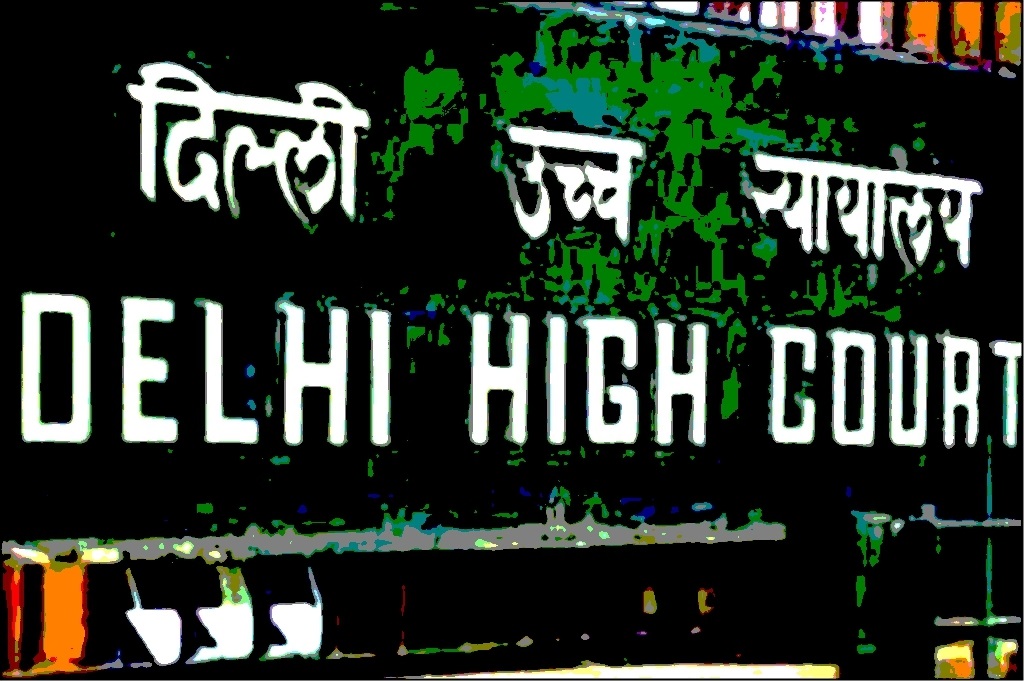PIL against 30-day notice period under Special Marriage Act: HC seeks govt response
The petition contends that some objections, like unsoundness of mind of either party or they not having attained the age of marriage, that can be raised under section 4 of the Act "can be ascertained on the basis of certificates issued from a government hospital or any prescribed authority". The plea says the 30-day notice period inviting objections to the marriage directly impinge on the fundamental rights of the petitioners.

- Country:
- India
The Delhi High Court on Wednesday sought the Centre and the AAP government's response on an inter-faith couple's plea challenging the provision of issuing a public notice to invite objections to marriages under the Special Marriage Act (SMA). A bench of Chief Justice D N Patel and Justice Prateek Jalan issued notice to the Ministry of Law and the Delhi government, seeking their stand on the petition that contends the 30-day notice period discourages inter-faith couples from getting married. The bench listed the matter for further hearing on November 27.
Advocate Utkarsh Singh, appearing for the couple, said there is no such provision under personal laws with regard to same-faith marriages. The Central government's standing counsel, Monika Arora, said similar pleas have been filed by an NGO, Dhanak for Humanity, and it appears to be behind the present petition as well.
However, the bench said the petition raises legal issues that need consideration and asked Arora to mention her objections in her reply to the plea. The petition contends that some objections, like unsoundness of mind of either party or they not having attained the age of marriage, that can be raised under section 4 of the Act "can be ascertained on the basis of certificates issued from a government hospital or any prescribed authority".
The plea says the 30-day notice period inviting objections to the marriage directly impinge on the fundamental rights of the petitioners. The issue of whether either party has a living spouse, which can be raised as an objection under section 4 of the Act, is not a condition imposed on same-faith marriages, the petition says, adding that imposing it on inter-faith marriages is due to a bias against such relationships.
The petition has also urged the court to declare as "illegal, null, void and unconstitutional" the provisions of the Act which lay down the procedure of 30-day notice for inviting objections. It has sought a direction to the Centre and Delhi government to decide the objections, under the Act, on the basis of undertaking and certificates issued by any government hospital or any other authority.
The plea has also sought to do away with the 30-day notice period requirement and registration of the marriage of the petitioners.
(This story has not been edited by Devdiscourse staff and is auto-generated from a syndicated feed.)
- READ MORE ON:
- Arora
- Monika Arora
- Utkarsh Singh
- Prateek Jalan










